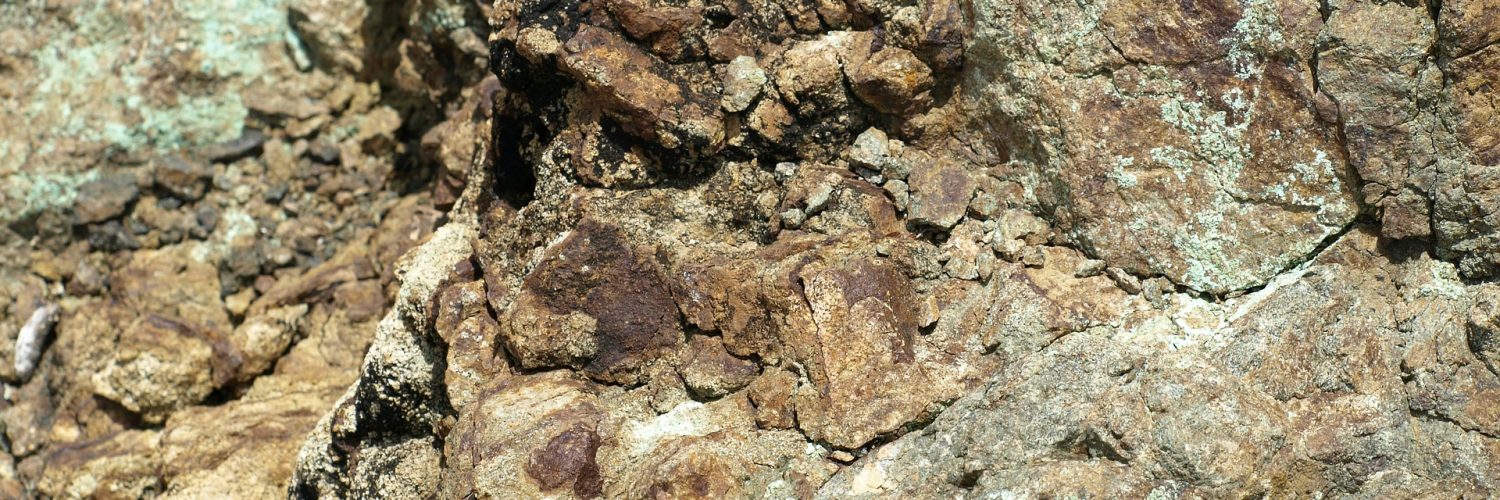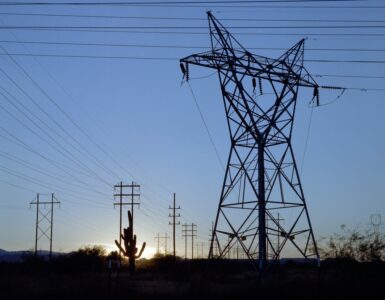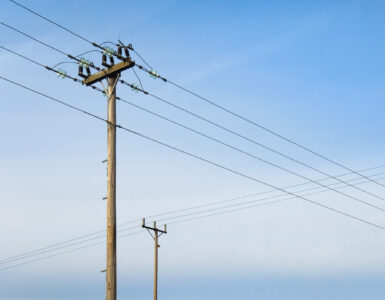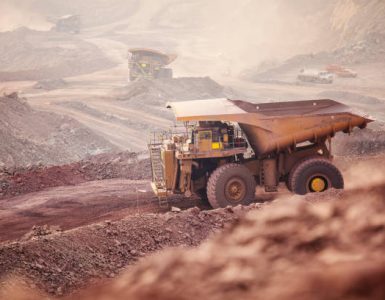A copper mining project southeast of Tucson will be moving forward after years of resistance.
Earlier this month, the U.S. Army Corps of Engineers announced its intention to issue a water permit for Hudbay Minerals Inc.’s Rosemont Project in the Santa Rita Mountains.
“Receiving the permit brings us another step closer to building Rosemont,” Arizona Business Unit Vice President Andre Lauzon said. “We’re excited to achieve this milestone and are thankful for the tremendous support that we have received.”
After the original project proposal almost a decade ago, the U.S. Environmental Protection Agency (EPA) came out in opposition, stating it would violate National Ambient Air Quality Standards and present a threat to the water quality of the Davidson Canyon Wash and Cienega Creek.
“The 4,750-acre mine…would eliminate and/or significantly degrade hundreds of acres of aquatic and riparian resources,” the EPA wrote in a letter to the Army Corps in 2012. “We have been working to identify data gaps and clarify issues related to the many environmental uncertainties this project raises. However, given the complexity of the project and the lack of any new substantive information provided since our [previous] letter, the EPA is now moving to preserve the option to seek higher level review of your pending permit decision.”
According to the Arizona Daily Star, the Army Corps announcement came after the EPA withdrew from their case against the project in an email to an attorney for multiple Arizona tribes who are against the project.
“We understand that this area has been highlighted as important to some, and we strive to balance the interests of the company and all stakeholders. Throughout the process, community members have shared their opinions and suggestions and their influences are reflected directly in the design of Rosemont. It has resulted in the development of a precedent-setting, world-class mitigation plan where its benefits will be felt in the community far into the future,” said Lauzon.
Hudbay will be taking “significant conservation, recreational and cultural measures” by putting $150 million towards:
- Build a pipeline to bring CAP water to the Sahuarita area, in partnership with Community Water Company of Green Valley;
- Provide a well-owners protection program to residents who may be affected by changes in groundwater levels to mitigate any impacts;
- Establish a permanent endowment fund to support conservation, cultural, and recreational projects in southern Arizona;
- Provide annual contributions to the community for conservation, cultural and recreational projects;
- Pay to have tribal monitors on-site throughout the construction phase, and provide opportunities for tribal members to collect plants for traditional, medicinal and ceremonial uses;
- Create an exhibit at the Rosemont Public Visitor Center describing the 7,000 years of history at the site;
- Conserve 3,297 acres of land through restrictive covenants that include conservation, recreation, cultural, and open space uses;
- Conserve the Sonoita Creek Ranch; and
- Fund extensive mitigation and monitoring measures for endangered species.
The announcement to move forward with the Rosemont project comes on the tails of two other Arizona copper mines announcements to “ramp up” operations. In fact, copper remains a huge driver for the Arizona economy and the industry has seen a boom over the last year.
“Arizona is the number two mining state in the nation. We produce 68 percent of the nation’s copper, we’re number five in aggregate production so that’s construction aggregate for infrastructure projects. It’s about a $14.2 billion industry,” Steve Trussell, executive director of the Arizona Rock Products Association, said. “Arizona’s open for business, especially as it pertains to mining.”
As one of the largest construction projects in the history of southern Arizona, Rosemont is expecting to deliver significant economic benefits with the capital expense of building the project projected at $1.9 billion over two and a half years and a plan to employ roughly 2,500 workers.
“When in operations, Rosemont will create over 500 jobs that pay twice the average wage in Pima County, while generating over $350 million in new tax revenues over the life of the Project,” said Lauzon. “These new revenues will help fund public safety, roads, education, and other community priority projects. We will make further announcements as we work toward building a modern project that we can all be proud of.”
According to Hudbay, the approval process included 17 cooperating government agencies, 16 public hearings, more than 1,000 studies, and 245 days of public comments and upon receipt of the final Mine Plan of Operations from the U.S. Forest Service, the project will hold all required federal and state permits to move to development.
“We are pleased with the outcome and are looking forward to what’s next in the coming weeks and months,” Lauzon said.
















Add comment